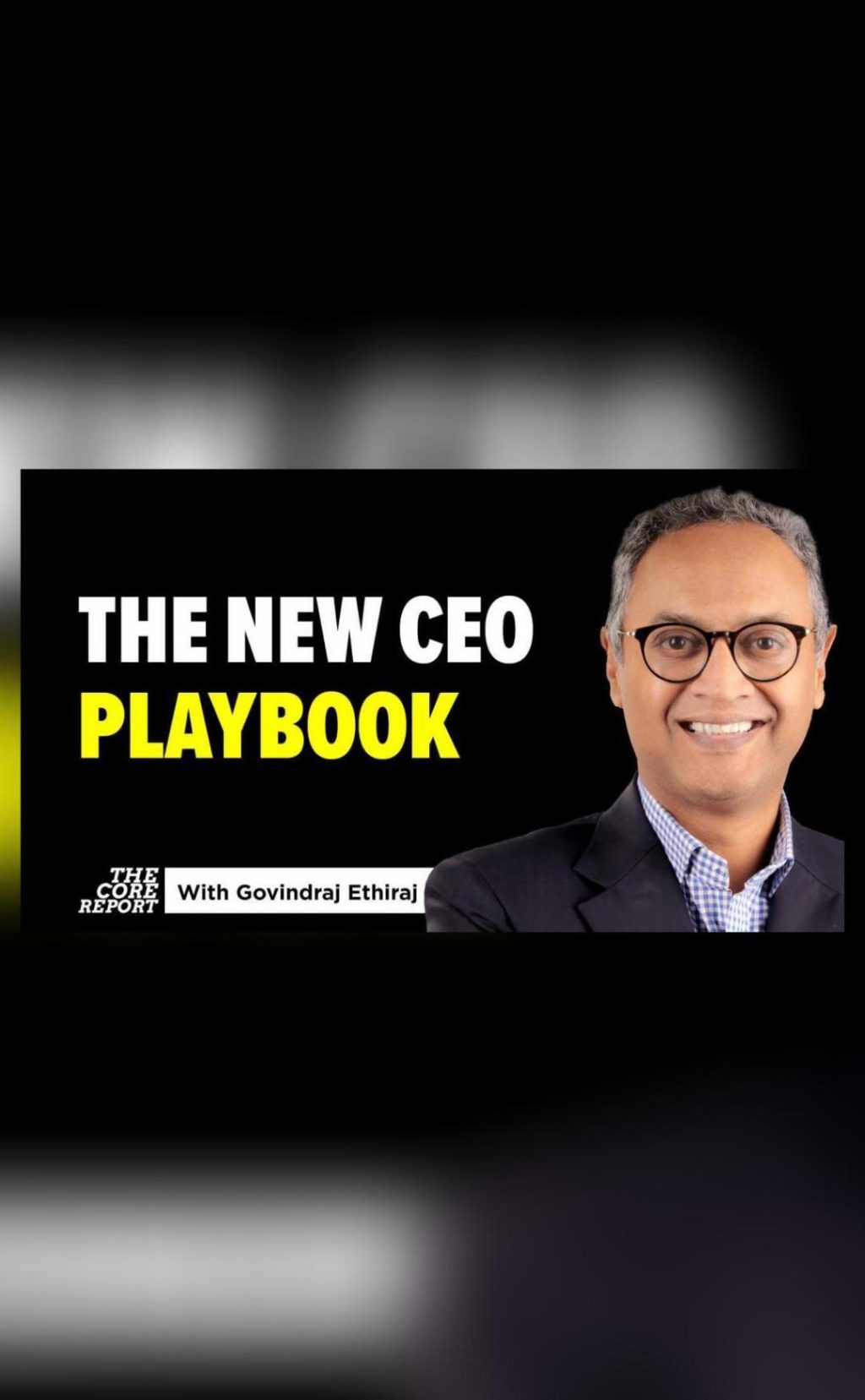
The New CEO Playbook: AI Pressures & Global Tariff Shocks
As the world grapples with the rapid evolution of artificial intelligence (AI) and the unpredictable nature of global trade policies, CEOs are facing an unprecedented array of challenges. From the internal pressures to automate and innovate, to the external forces of shifting trade policies and tariff shocks, business leaders are being pushed to rethink their strategy and operations in a rapidly changing landscape.
In a recent video interview, a panel of CEOs shared their insights on the new CEO playbook, highlighting the key strategies and tactics that are helping them navigate these uncharted waters. (1)
The AI Pressures
AI is revolutionizing industries, forcing CEOs to prioritize innovation and automation to stay ahead of the curve. According to a recent survey by Deloitte, 75% of CEOs believe that AI will play a significant role in transforming their organization over the next two years. (2)
However, the transition to AI is not without its challenges. Many CEOs are struggling to find the right balance between investing in AI and maintaining their core business operations. Others are grappling with the talent gap, as they struggle to find skilled professionals who can develop and implement AI solutions.
To thrive in this environment, CEOs must prioritize the development of a digital culture within their organization. This involves creating a culture of innovation, where employees are encouraged to experiment and take calculated risks.
The Global Tariff Shocks
The recent trade wars and tariff shocks have sent shockwaves through the global economy, forcing CEOs to re-evaluate their supply chain strategies and consider alternative routes to market. According to a recent report by the World Trade Organization, global trade tensions have resulted in a significant increase in tariffs, with the average tariff rate increasing by 10% in the past year. (3)
To mitigate these risks, CEOs are being forced to localize their supply chains, identifying new sources of supply and developing relationships with local partners. This requires a deep understanding of local market conditions, as well as the ability to navigate complex regulatory environments.
The New CEO Playbook
So, what does this new CEO playbook look like? Based on the insights shared by the CEOs in our video interview, here are some key strategies and tactics that are helping them navigate these uncharted waters:
- Prioritize Digital Transformation: CEOs must prioritize the development of a digital culture within their organization, investing in AI, data analytics, and other digital technologies to drive innovation and growth.
- Localize Supply Chains: CEOs must localize their supply chains, identifying new sources of supply and developing relationships with local partners to mitigate the risks associated with global trade tensions.
- Adapt to Shifting Trade Policies: CEOs must stay ahead of the curve, adapting quickly to changing trade policies and regulations to avoid disruption to their operations.
- Rethink Business Models: CEOs must be willing to rethink their long-held business models, identifying new opportunities and strategies for growth in a rapidly changing landscape.
- Focus on Talent Development: CEOs must prioritize talent development, investing in the skills and training required to develop and implement AI solutions, as well as to navigate complex global trade environments.
Conclusion
The new CEO playbook is all about adaptability, innovation, and resilience in the face of uncertainty. As AI reshapes industries and tariff shocks disrupt trade, CEOs must be willing to rethink their strategy and operations to stay ahead of the curve.
By prioritizing digital transformation, localizing supply chains, adapting to shifting trade policies, rethinking business models, and focusing on talent development, CEOs can build the foundation for long-term success in a rapidly changing world.
References:
(1) https://youtu.be/0osLVVtj7tY
(2) Deloitte. (2020). Global CEO Survey.
(3) World Trade Organization. (2020). Trade Policy Review: Update.
About the Author:
[Your Name] is a seasoned content writer with a passion for creating engaging and informative content. With a background in business and economics, [Your Name] has a deep understanding of the complex issues facing CEOs and business leaders today.






